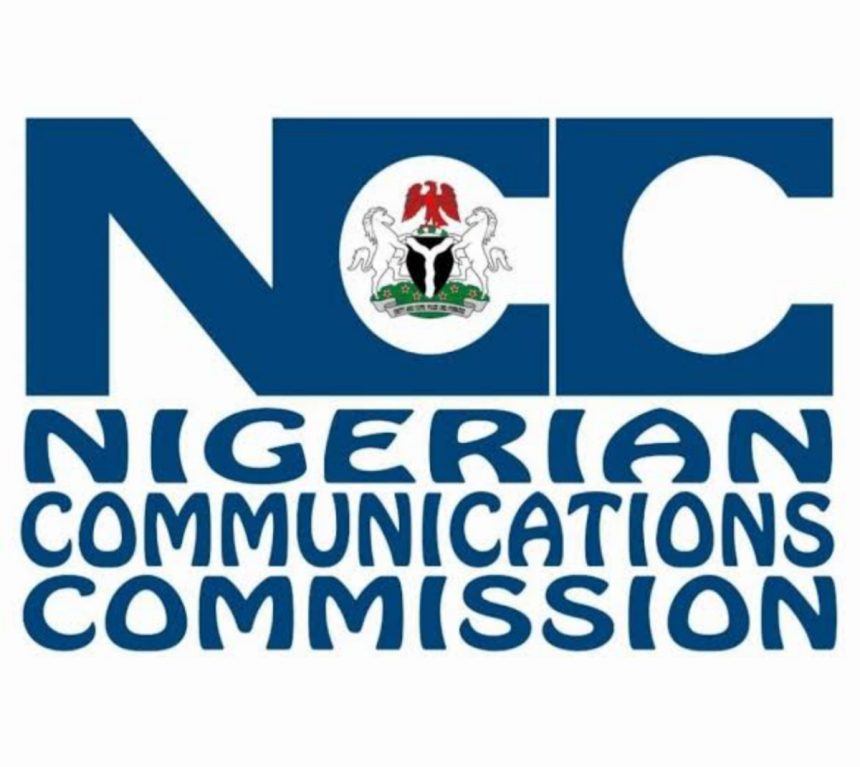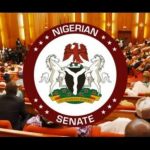The Nigerian Communications Commission (NCC) has placed a temporary hold on the issuance of new licences in three specific telecommunications categories.
The affected categories are the Mobile Virtual Network Operator Licence, the Interconnect Exchange Licence, and the Value Added Service Aggregator Licence.
A Mobile Virtual Network Operator (MVNO) is an entity that, despite not owning a mobile spectrum licence, offers mobile services under its brand by utilizing the network infrastructure of a licensed mobile operator.
There are currently no fewer than 25 such operators.
The Interconnect Exchange Licence pertains to a facility that allows for the interconnection of multiple independent entities, facilitating the exchange of electronic communications.
Value Added Service (VAS) Aggregators provide telecommunications services that extend beyond standard voice calls, such as internet services, directory assistance, paging, voice mail, prepaid calling cards, call center operations, content services, and vehicle tracking systems.
The suspension, as stated by the NCC, aligns with its regulatory authority under the Nigerian Communications Act 2003, which includes the power to issue and renew licences as well as to foster competitive practices in the industry.
According to a public notice issued by the NCC, the pause in licence issuance is intended to allow for an in-depth evaluation of market conditions, including levels of saturation, competition, and other dynamic factors.
The notice, titled “Temporary Suspension Of The Issuance Of Communications Licences In Three Categories” and signed by Reuben Muoka, Director of Public Affairs at the NCC, emphasizes that the suspension will not impact applications already submitted, which will be reviewed on their individual merits.
The suspension, effective from May 17, 2024, means that the NCC will not accept new applications for the specified licences during this period.
However, stakeholders seeking clarification or further information regarding this suspension are encouraged to contact the commission directly.
The telecommunications sector in Nigeria has recently grappled with various challenges, including high inflation and currency devaluation, which have affected both consumer purchasing power and operational margins.
These issues are compounded by multiple taxation, stringent regulations, exorbitant right-of-way charges, unreliable electricity supply, and the vandalism of telecommunications infrastructure.





